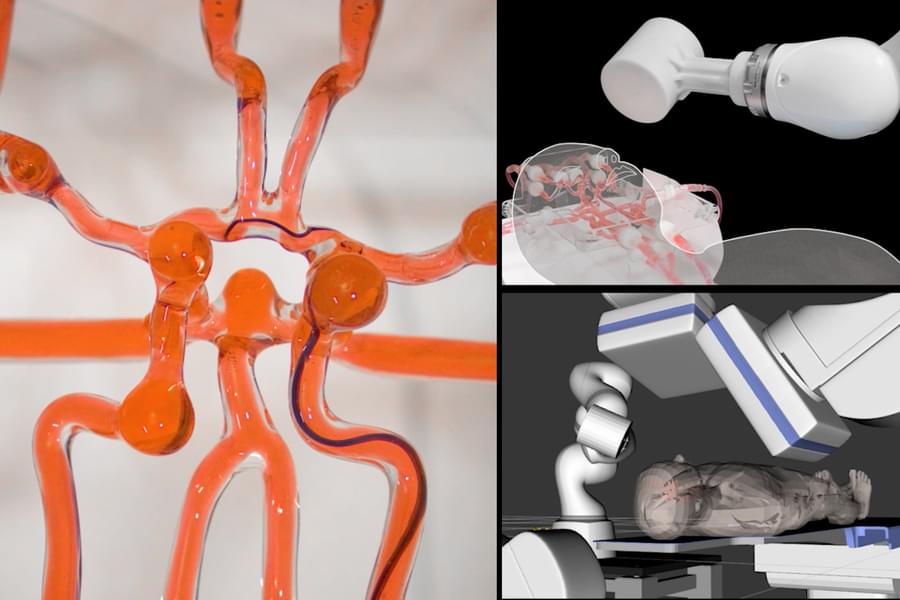The company has been making progress despite the Russian invasion.
Over the past few months, Promin Aerospace has proven its concept of a unique self-burning rocket, an idea based on autophagic, or “self-devouring,” technology.

The company has been making progress despite the Russian invasion.
Over the past few months, Promin Aerospace has proven its concept of a unique self-burning rocket, an idea based on autophagic, or “self-devouring,” technology.

The Cybersecurity and Infrastructure Security Agency (CISA) has added nine more security flaws to its list of actively exploited bugs, including a VMware privilege escalation flaw and a Google Chrome zero-day that could be used for remote code execution.
The VMware vulnerability (CVE-2022–22960) was patched on April 6th, and it allows attackers to escalate privileges to root on vulnerable servers due to improper permissions in support scripts.
A Chrome zero-day was also included in CISA’s Known Exploited Vulnerabilities (KEV) catalog, a bug tracked as CVE-2022–1364 and allowing remote code execution due to a V8 type confusion weakness.

Israel punches above its weight in space science and exploration, as it does in most other arenas.
For example, the country developed its own line of orbital rockets, the Shavit (“Comet”) series, which has lofted a number of satellites over the years. And in April 2019, Israel’s Beresheet (“In the Beginning”) mission attempted to put a robotic lander down on the moon, something achieved only by the United States, the USSR/Russia and China — and nearly succeeded.

Role of AI in Metaverse helps provide a different vision to the data science in Metaverse which led to Metaverse growth. Artificial Intelligence can help Metaverse making way for evolution of Web 3.0.
Check out this new look at the rebranded Horizon Worlds!
Subscribe for the latest VR trailers & clips:

This article has been sponsored by Amazon India.
M etaverse has been touted to be the next big thing to bring about a global evolution, not just in technology but in almost every sector.
Something that was considered possible only in Sci-Fi novels, films, series and video games a few years back is now a reality. A convergence of the augmented, physical and virtual reality, Metaverse is a digital world with endless possibilities. In a post-pandemic world that expedited the emergence of virtual spaces, Metaverse provides an opportunity to establish connections through its immersive technologies.

A man left in a completely locked-in state by amyotrophic lateral sclerosis (ALS) has been able to communicate with his family and carers thanks to an implant. The device helped the patient, who was unable to move any muscles or even open his eyes, contact the outside world using only his brain activity.
Rapid neurodegeneration
In the last decade, combinations of brain implants and brain-computer interfaces (BCI) have enabled people with severe brain injuries or neurodegeneration to regain communicative ability. The new study, published in Nature Communications by an international research team, is the first to be used successfully in a patient with such severe neurodegeneration.

Don’t worry, yes, there are even more Musk machinations, but first let’s broach something a little different — and possibly lifesaving. A team of MIT engineers is developing a telerobotic system for neurosurgeons. It unveiled a robotic arm that doctors can control remotely using a modified joystick to treat stroke patients.
The arm has a magnet attached to its wrist, and surgeons can adjust its orientation to guide a magnetic wire through the patient’s arteries and vessels to remove blood clots in the brain. Like in-person procedures, surgeons will have to rely on live imaging to get to the blood clot, but the machine means they don’t have to be physically with the patient.
There’s a critical time window after someone suffers a stroke to ensure the best chance of recovery. The robot could make treatment possible even if a neurosurgeon is miles away.

Axiom-1 is the first all-private mission to the International Space Station, chartered by Axiom Space through SpaceX in the hopes of funding a private space station.